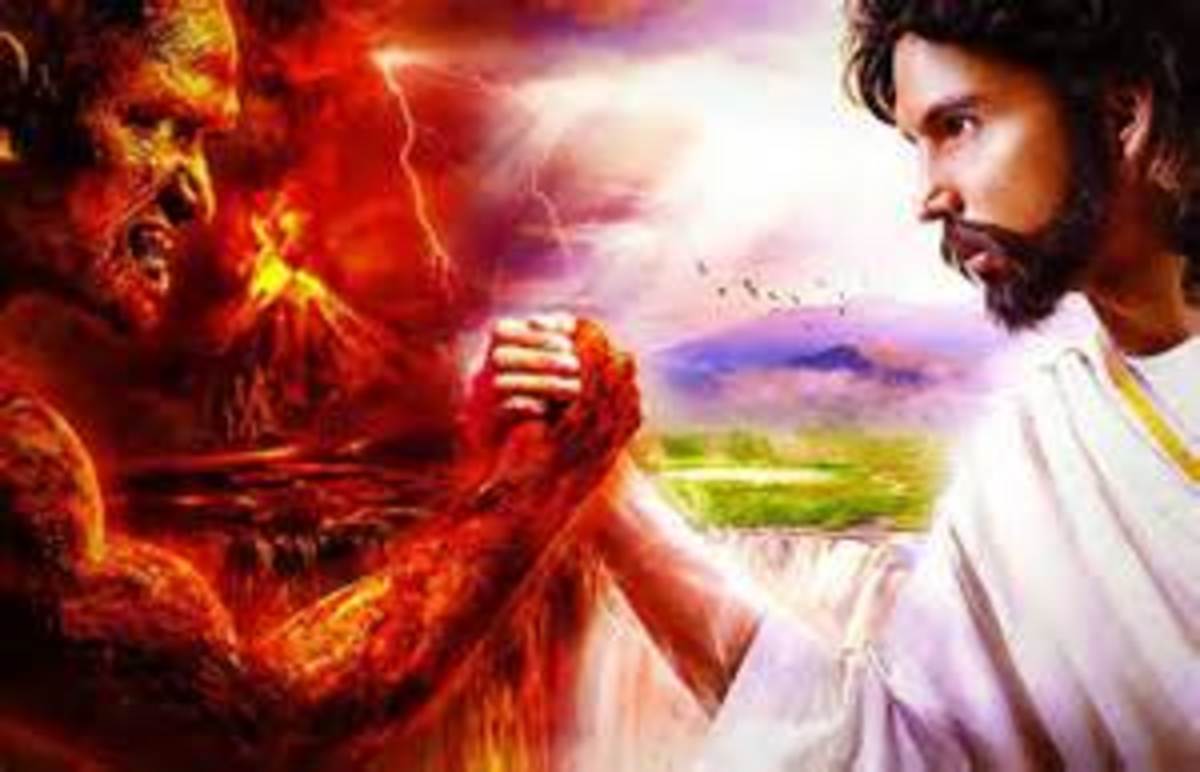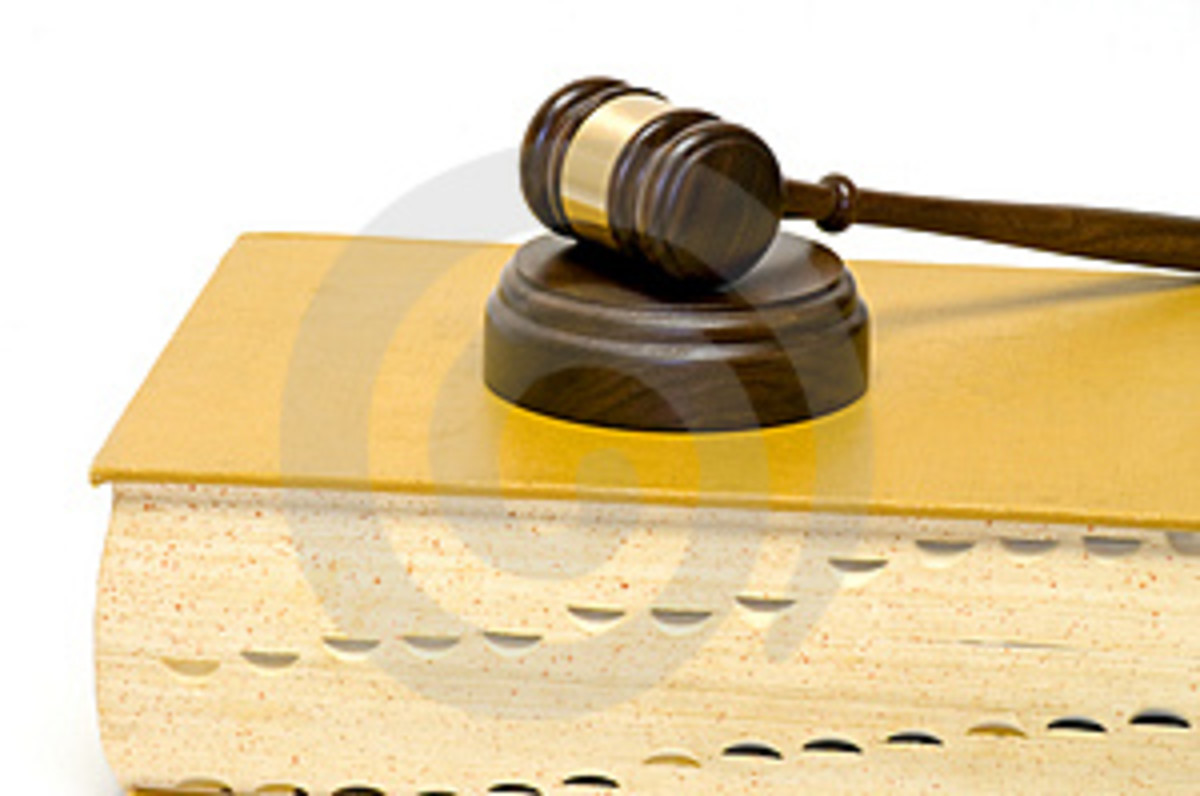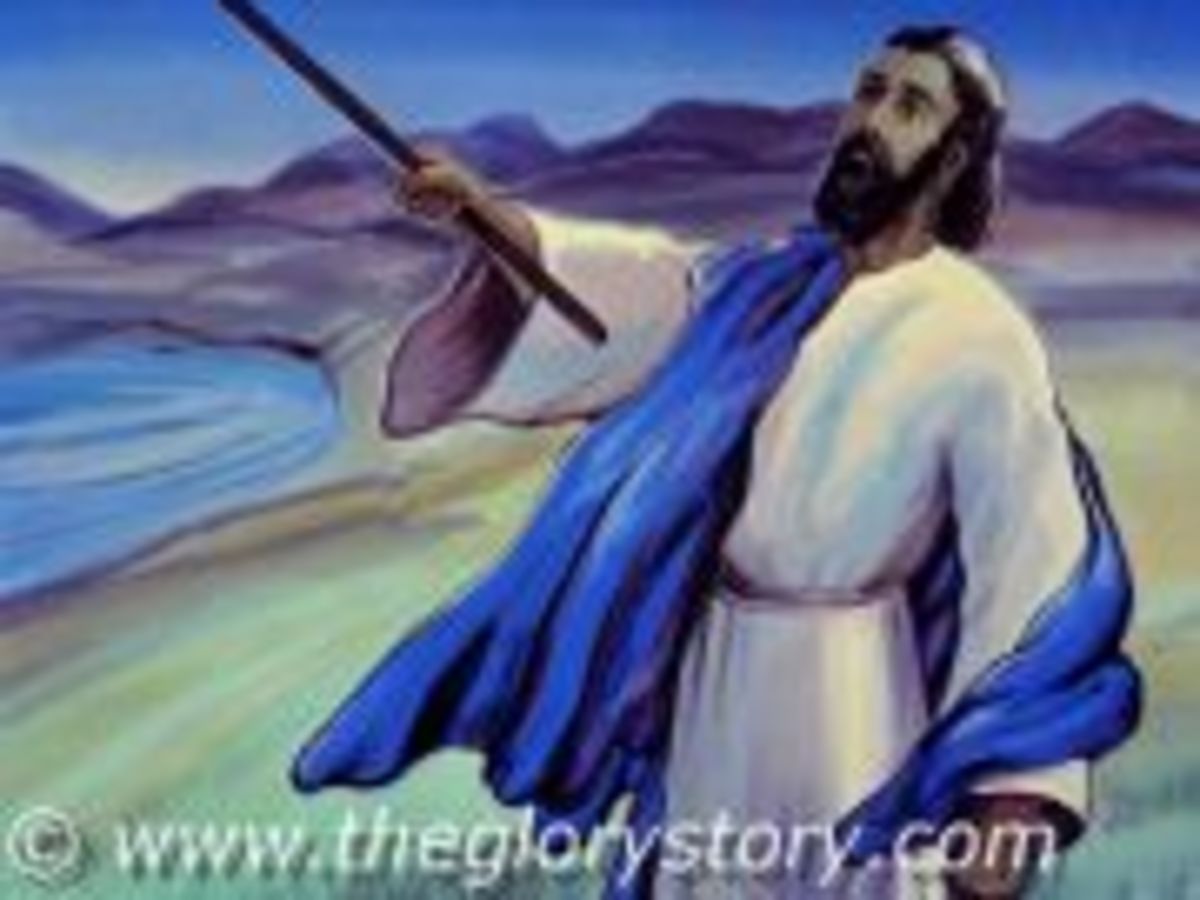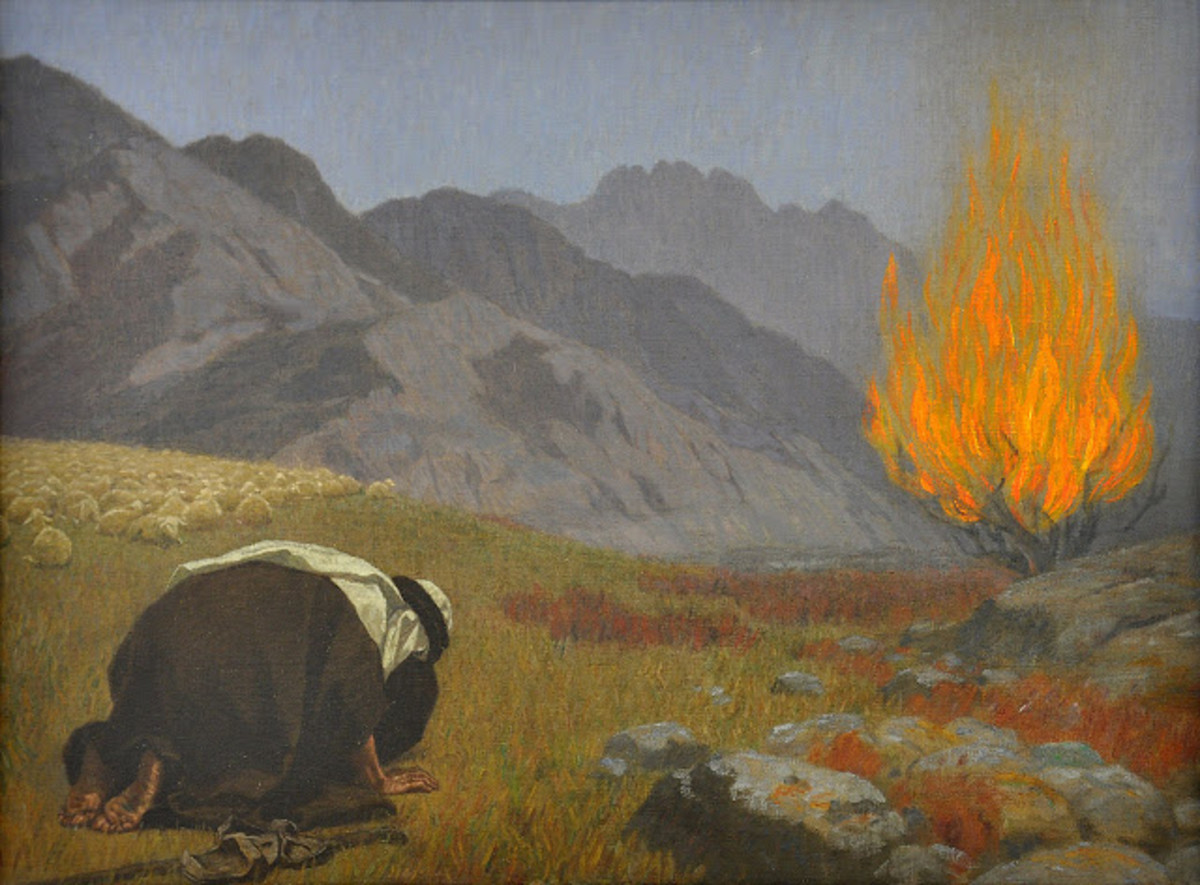Rally ‘Round The Banner - Jehovah-nissi
The LORD my Banner
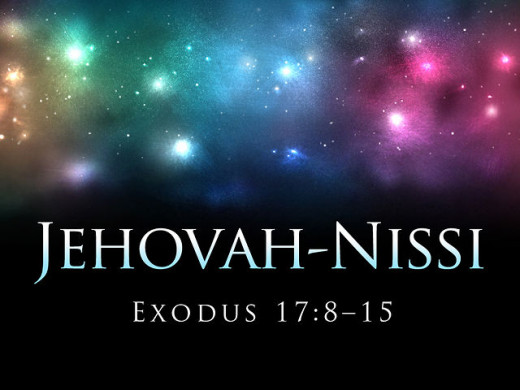
Exodus 17:8-15
The Amalekites came and attacked the Israelites at Rephidim. Moses said to Joshua, “Choose some of our men and go out to fight the Amalekites. Tomorrow I will stand on top of the hill with the staff of God in my hands.” So Joshua fought the Amalekites as Moses had ordered, and Moses, Aaron and Hur went to the top of the hill. As long as Moses held up his hands, the Israelites were winning, but whenever he lowered his hands, the Amalekites were winning. When Moses’ hands grew tired, they took a stone and put it under him and he sat on it. Aaron and Hur held his hands up—one on one side, one on the other—so that his hands remained steady till sunset. So Joshua overcame the Amalekite army with the sword. Then the Lord said to Moses, “Write this on a scroll as something to be remembered and make sure that Joshua hears it, because I will completely blot out the name of Amalek from under heaven.” Moses built an altar and called it The Lord is my Banner.
Introduction
There’s a song from the era of the U.S. American Civil War that was sung by Union Soldiers that goes like this (Now if you are a Southern sympathizer, I’m sorry, but this will be offensive!):
We will rally round the flag, boys, rally once again
Shouting the battle cry of freedom
We will rally from the hillside, gather from the plain
Shouting the battle cry of freedom
The Union forever, hurrah boys, hurrah
Down with the traitor and up with the star
While we rally round the flag, boys, rally once again
Shouting the battle cry of freedom
This song demonstrates the importance given to flags as points of identification and inspiration. Since the earliest times when armies organized themselves into units, there was some kind of symbol carried with them when they marched, when they went into battle and as a rallying point. Flags were used as means of communication before the invention of radio. Flags were also important means of identifying who was on which side.
This is also true with nations; if you look at a world atlas, you’ll see that every nation on the planet is represented by a flag. This custom is even used by institutions like universities, corporations, sports teams and even some families. And so it is that this custom of using a flag, or some other identifying standard goes back to at least the time of Moses who recognized the symbolism of having a banner represent the people Israel.
Background To The Banner
Our Scripture comes during the extended narrative of the Israelites being led out from captivity from slavery in Egypt. They had escaped slavery and were now being led by God through the desert wilderness in the Sinai Peninsula. Before the Israelites reached Mt. Sinai, they were camped at a place called Rephidim. While they were there, they were attacked by a nomadic tribe called the Amalekites. From earlier readings in Genesis, one will discover that the Amalekites were descendants of Amalek, who was a great-grandson of Isaac (through Esau, Jacob’s brother), so the Amalekites and the Israelites were distant cousins.
We are not told why the Amalekites attacked the Israelites, just that they did and that a day-long battle ensued. In the story, we meet Joshua for the first time (he is better known as the leader of the people of Israel when they come into the Promised Land), and we also meet Caleb and Hur. Joshua was appointed to lead those who would go out to fight the Amalekites, and Moses, Caleb and Hur went up on a prominent hill where they could see the battlefield. As Moses held up the “rod of God” (or “staff of God”), the course of the battle went in favor of the Israelites; when Moses got tired and lowered the rod of God, the Amalekites did better in the fight.
Caleb and Hur helped Moses keep the rod of God up in the air by providing a way for him to sit and also by helping him hold up his arms. In this way, Israel won the battle and defeated the Amalekites. It’s important to note that it was God’s victory, not Joshua’s. It’s interesting also that of the primary characters in this story, only Moses has been previously mentioned. It’s as if to say that what is important about this story is not who was involved but that it was God who won the battle for God’s people.
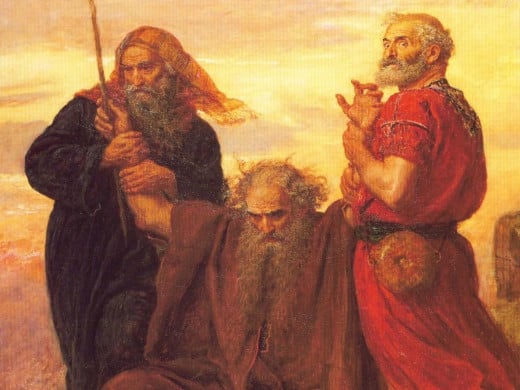
The LORD Is My Banner
After the victory, Moses then commemorated it by building an altar and worshiped God. Moses also commemorated the event by naming the altar “Jehovah-nissi,” which means: “The LORD is my Banner.” Our story is part of the narrative of the people of Israel on their “exodus” from captivity in Egypt to the land that God promised for them to live. In the previous Hub we looked at Exodus chapter 15, where we looked at a story that also happened during the Exodus. In the Exodus 15 and as we see today in chapter 17, we see a story that reveals a name of God. Within the story, as the name of God is revealed, a characteristic or attribute of God is revealed.
In this series so far, we have seen so far that God is:
-Jehovah-elohim – the LORD God, the mighty creator
-In Genesis 22, we looked at the story of Abraham and Isaac, and how Abraham commemorated the fact that God had provided by building an altar and naming it “Jehovah-jireh,” which means: “The LORD Provides.”
-In Exodus 15, we saw how God is revealed to be Jehovah-rapha – the LORD our Healer.
-Today we will look at another compound name of God: Jehovah-nissi – the LORD our Banner.
These compound names of God are what our series is all about. Many of these compound names for God are connected to a place where something significant happened in the life of God’s people, revealing something important about God. There is a problem, however in seeking to understand these compound names, and that is deciding how to spell them. Figuring out how to spell God’s names also is asking the question of how to pronounce the names. How do you spell a word in English that comes from Hebrew? Hebrew letters are different from English letters and ancient Hebrew didn’t have vowels. So how does one render that into English?
The word for the proper name of God has traditionally been “Jehovah.” In recent years, Bible scholars have suggested that “Yahweh” is a better way to spell the name. Another form I recently saw was “Jeue.” The word Jehovah comes from German from a time in the 18th and 19th century when a lot of biblical scholarship was being done in Germany by Germans. The German “J” is pronounced like the English letter “Y”, therefore you could pronounce Jehovah as Yehovah. To discuss these compound names, we need to choose, so for the sake of consistency, I have decided to go with Jehovah.
Our name for today is: Jehovah-nissi. Jehovah is the name of God, and the word nissi means: standard, signal, ensign, flag, banner or rallying-point. And remember, the point of the story was to show how God had won the victory for God’s people; the altar that Moses built wasn’t named, “Moses is my Banner,” it wasn’t named, “The rod of God is my Banner,” but “Jehovah is my Banner.” Everything about the encounter takes second place – the characters, the circumstances, the location of the event – everything serves to make the primary point that it is Jehovah’s intervention for Israel.
What Does This Mean For Us Today?
There are some important things that we can learn generally from this story:
1) Victory doesn’t always come easy or quick, but it should be the norm for every believer. The Israelites had to work for their victory over the Amalekites – the problem didn’t just go away. But the victory came because they trusted in God. We too have battles to fight in the form of temptations and trials. How will we prevail over these symbolic Amalekites in our lives? We all can win the battles in our lives when we trust our lives to God, who is the Banner under which we fight.
2) We need to deal with the problems and issues in our lives with prayer. Moses interceded up on the mountain, and God intervened down on the battlefield. We need to be in prayer for each other as we face our personal battles together.
3. We need friends when we do battle. Moses had Caleb and Hur to help him; Moses was supporting Joshua and the others who were in the thick of the fight. They supported each other and depended on each other. We survive, oh so much easier, when we have others supporting and encouraging us. This is an important ministry that is often overlooked. We all should be active in encouraging and supporting each other.
The story is told of a Christian who had stopped attended church services. After a few months the pastor decided to visit him. It was a chilly evening, and the pastor found his parishioner at home alone, sitting before a blazing fire. Guessing the reason for the pastor’s visit, the member welcomed him, led him to a comfortable chair near the fireplace and waited. The pastor settled himself, but didn’t say anything, but after a moment he took the fire tongs, carefully picked up a brightly burning ember and placed it to one side of the hearth, all alone. Then he sat back in his chair, still silent. His host watched all of this in quiet contemplation. As the one, lone ember’s flame flickered and diminished, there was a momentary glow, and its fire was no more. Soon, it was cold and dead. Not a word had been spoken since the initial greeting. The pastor then stood up, picked up the cold, dead ember, and placed it back in the middle of the fire. Immediately, it began to glow once more, with all the light and warmth of the burning coals around it. The pastor then headed for the door and as he started to leave, his host said, “I’ll be back in church Sunday.”
We need each other’s support because many of us are carrying burdens that are too heavy to bear alone. Moses needed the strength of others in order to pray. The troops needed each other to battle. As you look around, is there someone who needs you to help lift their tired arms?
4. And last, this story reminds us to focus on memorials. In a previous Hub, we noticed that Abraham responded to God’s provision by worshiping. In our story today, Moses did the same thing. When the victory over the Amalekites was complete, Moses recorded the event in a book, then he built an altar and memorialized the event by naming the altar. There are plenty of memorials in the life of the Christian. We look at the cross, we celebrate baptisms, we observe communion, we bring in new members. These are only a few of the ways that we focus our thoughts on our faith and in the great things God had done in our lives and in the lives of the church.
What Does It Mean That God Is Our Banner?
To fully reflect on this passage, we need to think about what it means that God is our banner. Just like the way that we may identify with our national flag as our identity as U.S. Americans, as our point of remembrance of the events in our history that defines us, and as a point of inspiration, the same things are true in our relationship with God.
1) The Banner of God identifies us as people who belong to God. We are people of God who live differently than other people who don’t identify with God.
2) The Banner of God reminds us of the great and mighty acts that God has performed in the lives of God’s people who have lived long ago and also in our lives today.
3) The Banner of God also inspires us to live as God desires because we are reminded that God has acted in power before, and we know that God will do it again!
The story of the writing of the U.S. national anthem is a stirring story, do you know it? It was during the third year of the War of 1812 when British troops had invaded the United States, burned Washington, D.C. In another raid, the British attempted to capture Baltimore. On September, 13, 1814, the British Navy started a 25-hour long bombardment of Ft. McHenry, a fortification that defended Baltimore Harbor. A civilian named Francis Scott Key had been captured and held on a truce ship witnessed the bombing of the fort and worried about the fate of the fort and the town. When the next morning Key saw the U.S. flag still flying over the fort, he was moved to write the poem “The Defense of Fort McHenry.” The poem was later renamed “The Star-Spangled Banner” and put to a folk tune and eventually was adopted as U.S. national anthem.
There was a drive to replace The Star-spangled Banner with the song “America” as our national anthem, but nothing came of it. I don’t know the details, but I believe the change wasn’t made because the story behind the words of the song inspires us and it says something about our history and our perseverance as a people. In a similar way, but so much more than this, we are inspired to live faithfully because of the great things God has done. As Christians, we are identified, inspired and are reminded of God’s salvation when we think of our Savior Jesus Christ. We are reminded of Christ’s death and resurrection that brought about our salvation when we look at the cross.
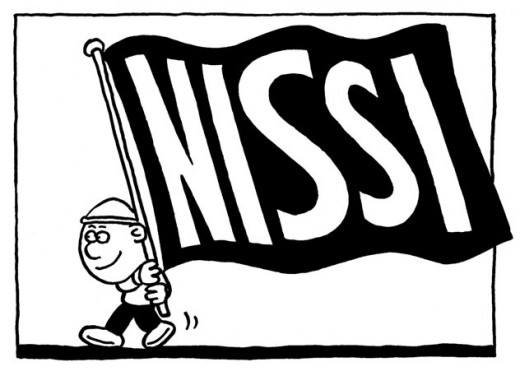
Conclusion
What should we do then, as God’s people, in response to the fact that God is our banner? We need to rally ‘round the banner! There’s a war to fight – a war against sin and evil. We are God’s soldiers and workers in this war. We wage this war through prayer and our faithful life. We have no need to fear the foe because Jehovah-nissi – The LORD is our Banner; in God is the victory. As followers of Jesus Christ we follow the banner of the cross. O say, does that banner of deliverance and redemption yet stand high! It stands tall in the lives of those who are freed from sin and in the homes of those who are faithful to God’s name.

